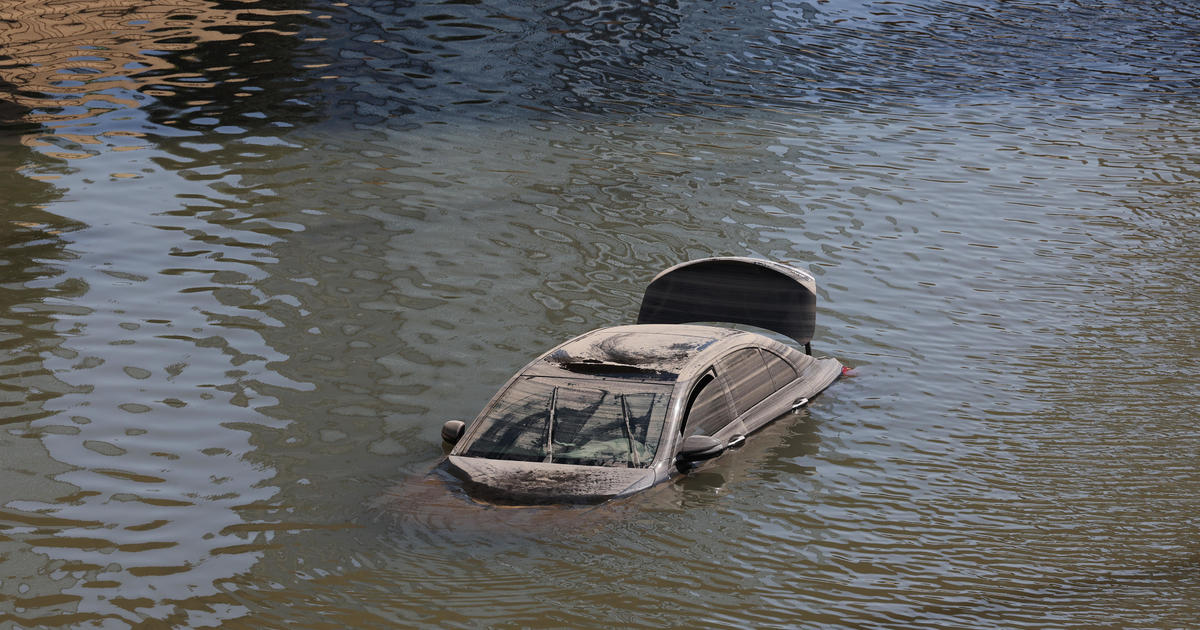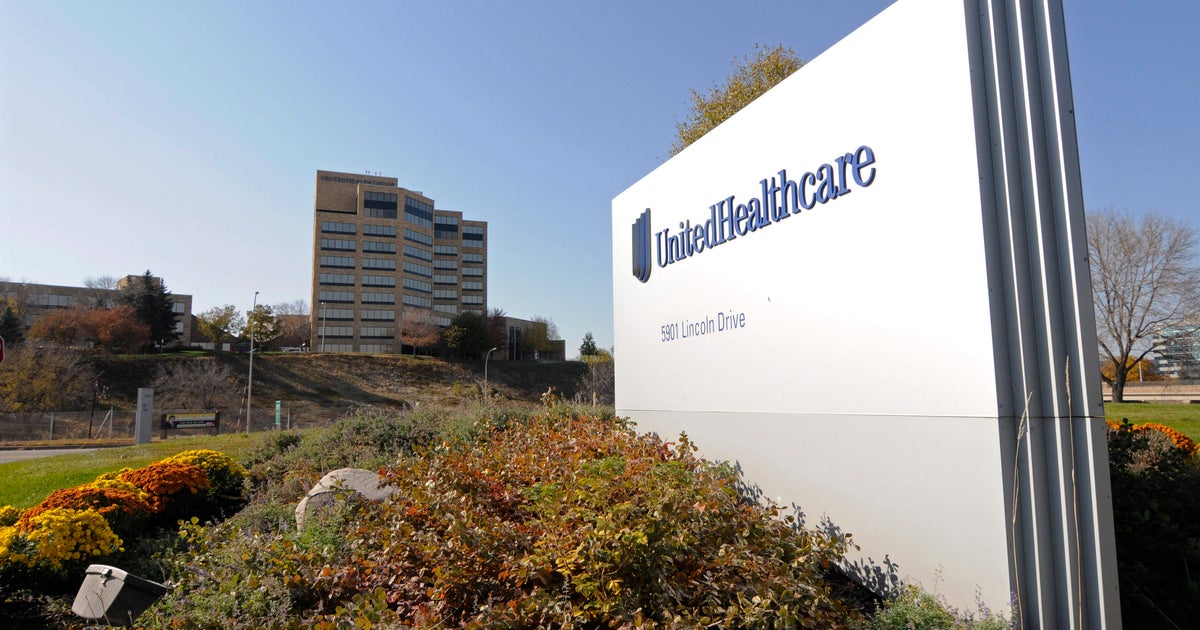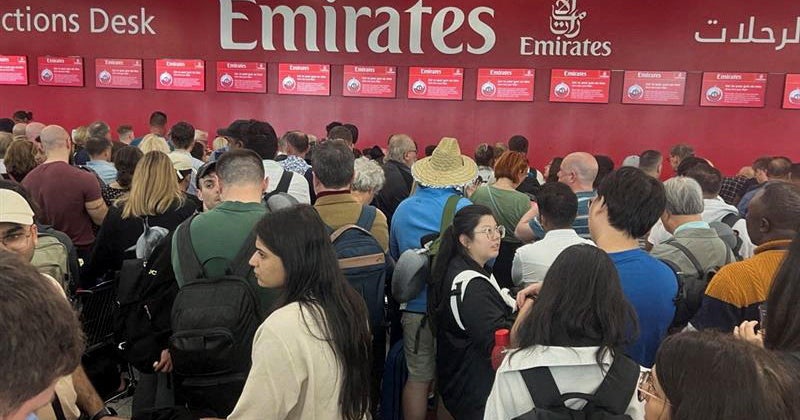As climate changes, more U.S. cities must brace for high heat, bitter cold and worse
The potential risks from climate change facing U.S. cities read like a disaster movie. From floods and tornadoes to droughts and insect invasions, urban areas face a range of threats as the planet continues to warm, a recent report shows.
Although a handful of cities are taking action to brace for impact, most metro areas around the country are lagging, according to the environmental nonprofit group CDP. Meanwhile, cities around the country are already feeling the effects. Wildfires in Butte County, California, last November claimed 85 lives and charred more than 18,000 structures. Hurricane Harvey flooded more than 150,000 homes around Houston and caused $125 billion in damage in Texas.
In St. Louis, for example, officials say the city could face a cold shock, drought, tornado, insect infection, river flood, storm surge, water-borne disease or other climate change hazards in the future. To mitigate these dangers, the city has created a Climate Action and Adaptation Plan that calls for reducing greenhouse gas emissions, building more storm shelters and other measures.
For the CDP report, city officials worldwide were asked to list potential weather hazards their locality may face in the immediate future. Creating a list of such risks is the first step toward creating ways to protect residents, the CDP said. The next step is conducting a vulnerability assessment.
"All city authorities should undertake comprehensive vulnerability assessments," said Kyra Appleby, CDP's global director for cities, states and regions. "Only then will cities be able to plan for the new normal brought about by our changing climate."
While cities like St. Louis are making headway girding for climate change, not enough metro areas are reporting their potential hazards or conducting assessments, said Katie Walsh of CDP North America. The list of lagging cities include Louisville, Kentucky; Sacramento and San Jose, California; Kansas City, Missouri; Fort Worth, Texas; and Anchorage, Alaska.
"Cities that are able to identify the risks that they have are in a better position to be able to respond and react and adapt because they can put in planning efforts," she said.
Other cities making progress in mitigating climate change risks include New York and San Francisco, though some smaller places are also moving forward.
"San Leandro in California is talking about what demands on city services and health agencies will occur because of high heat," Walsh said of the large suburban town in Alameda County on the east side of San Francisco Bay. "High heat is going to put both schools and senior citizens community centers at risk."
San Leandro's top climate threats are rising sea levels, high tides, flooding and long stretches of extremely hot weather, city officials have said. To address flooding and high tides, the city landed a $10,000 grant from the National League of Cities that officials are using to create a Climate Resilience and Adaptation Plan and help restore 4.3 acres of natural wetlands near a local water treatment plant.
In the Big Apple, officials are looking into potential impacts of major flooding.
"New York City, after Sandy, developed a resilient neighborhoods study, and the idea was that they'd develop local strategies to deal with zoning and deal with weather hazards," Walsh said. "The study went to look at a range of coastal neighborhoods and how they worsen with a storm impact of flood elevation."
Walsh and Appleby said they hope the CDP report motivates cities that aren't reporting potential dangers to do so now. Ultimately, a city's very livelihood could be at stake.
"From flooding to forest fires, the impacts of climate change are already being felt across the world's biggest cities," Appleby said. "Climate change, left unchecked, will undo many of the economic and social gains witnessed by cities in recent decades."




